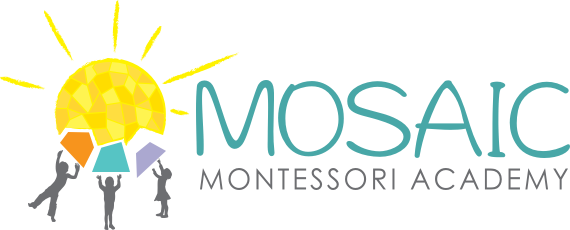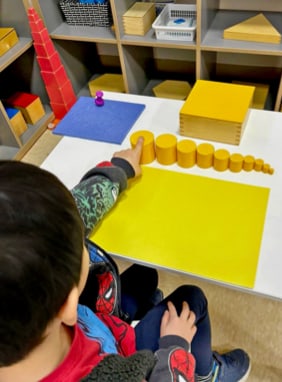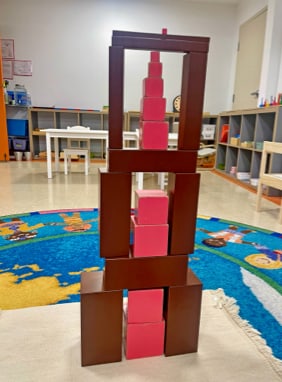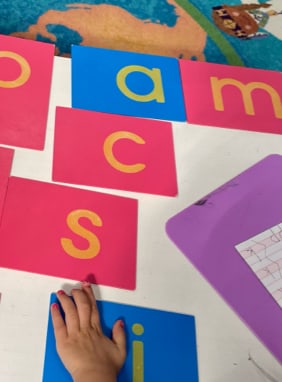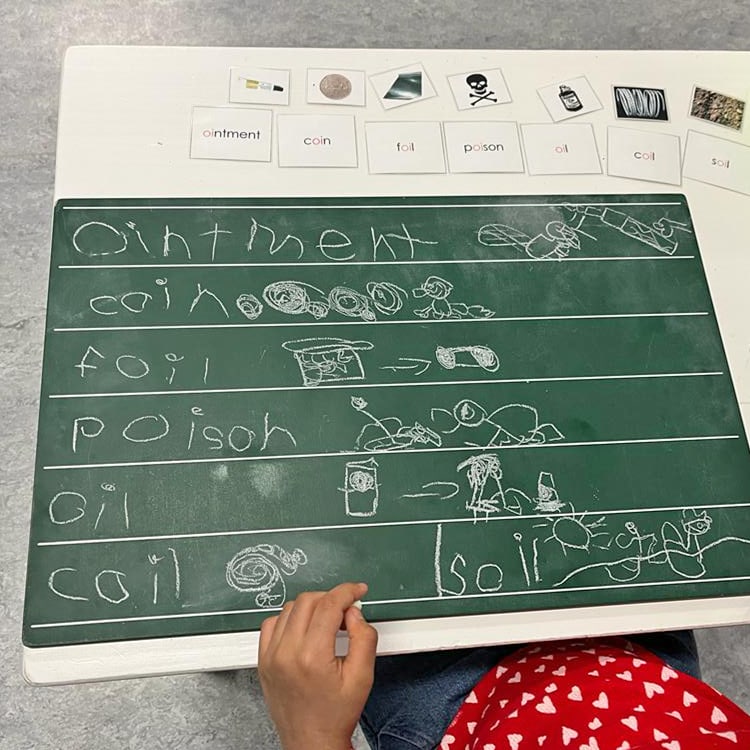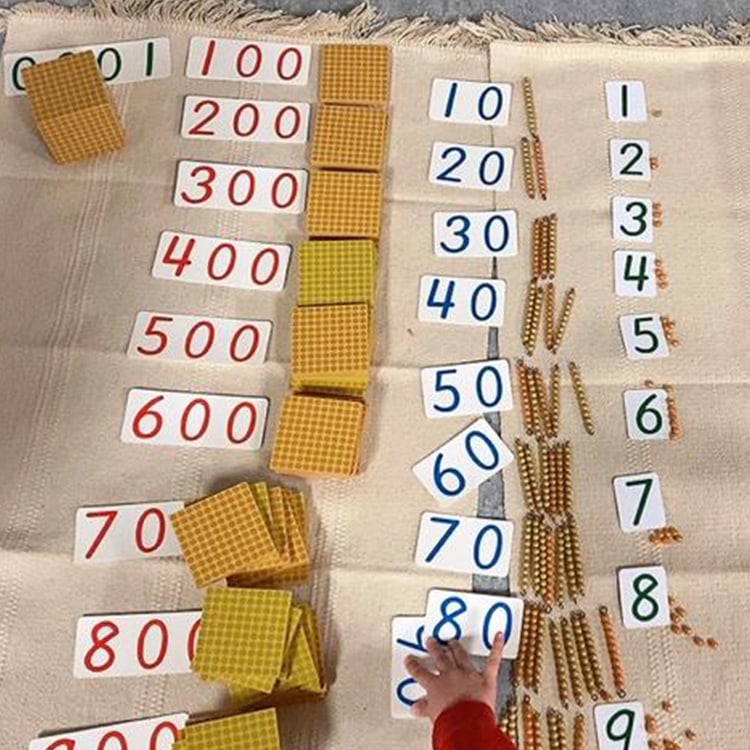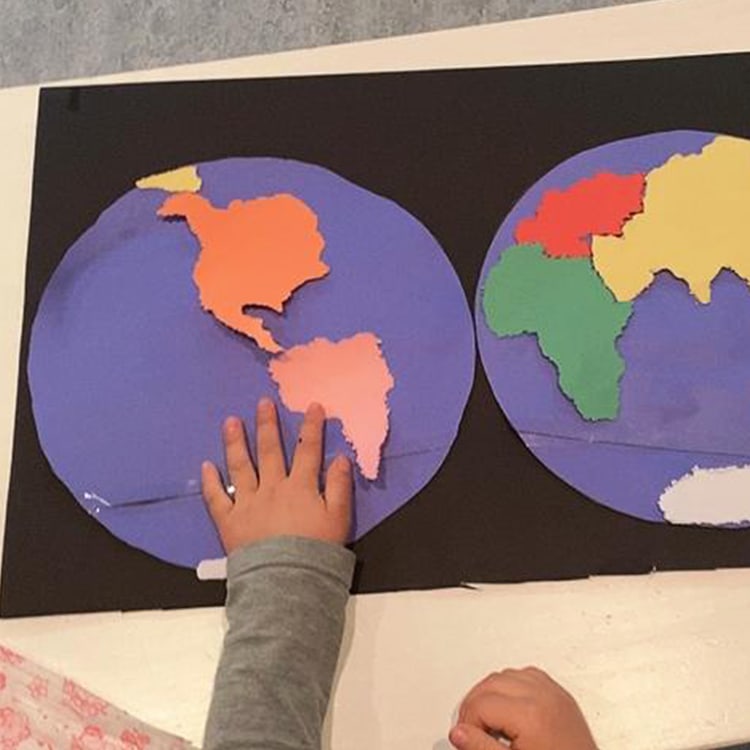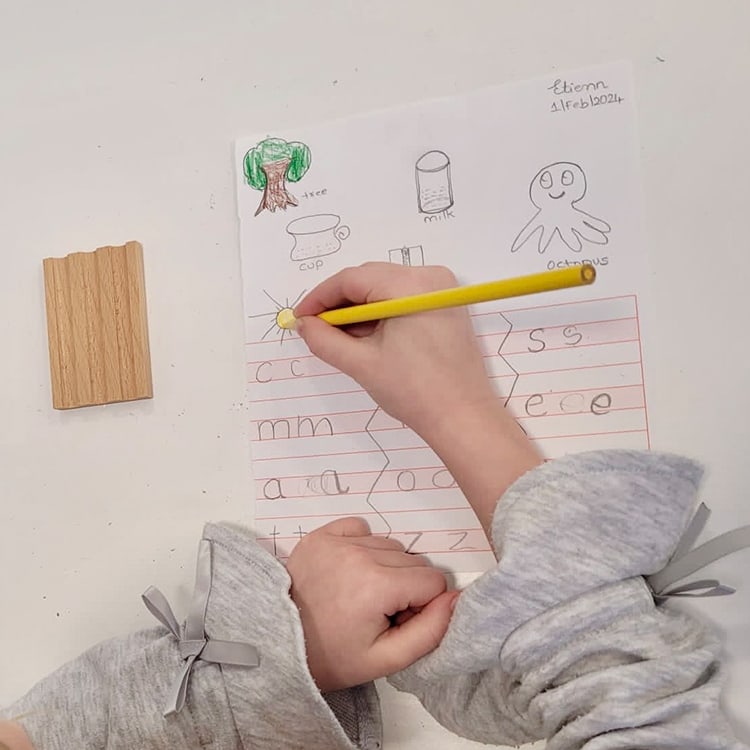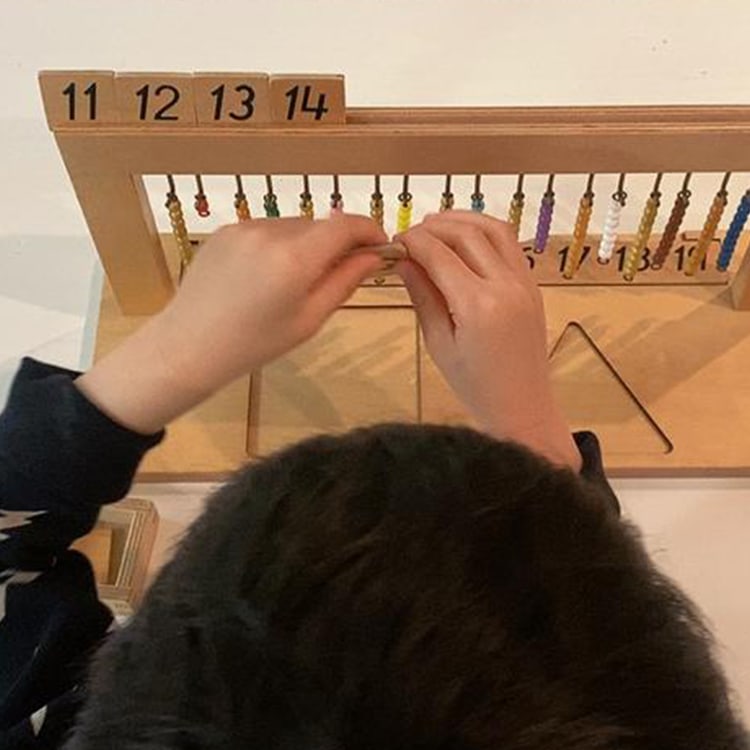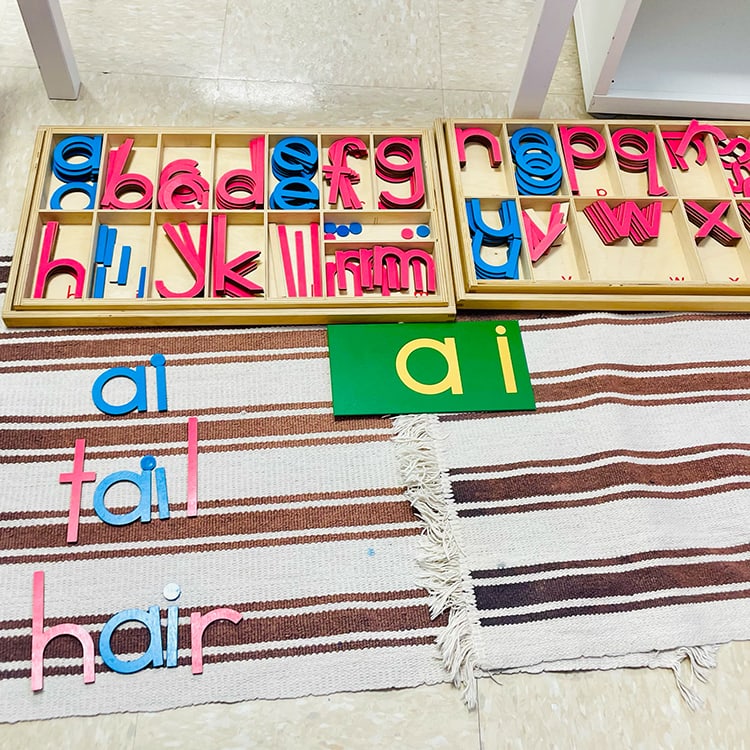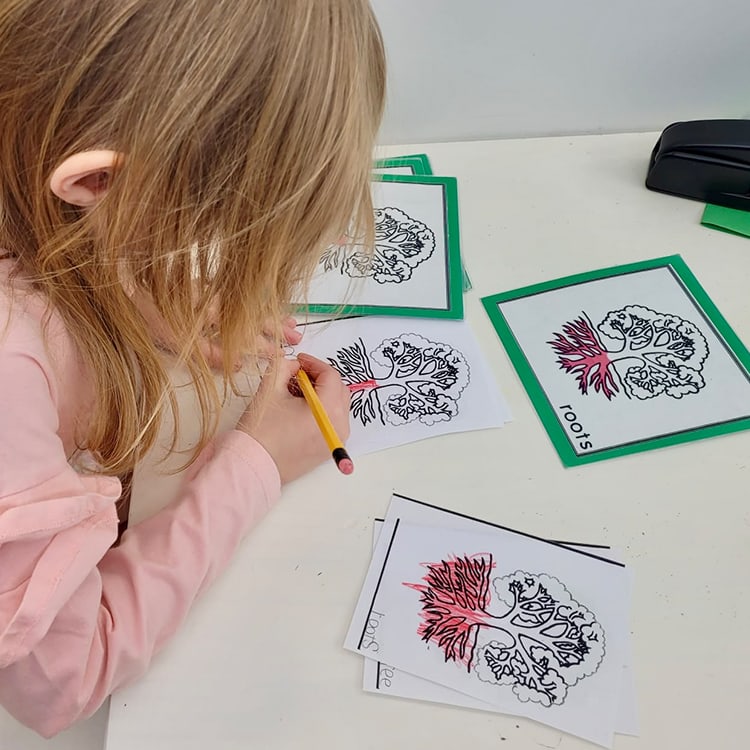Part of the core of Montessori education is providing a space for children to learn, explore, and grow in an open environment on their own. Maria Montessori believed that children only need to be guided in the right direction to unlock their learning potential and empower their decision-making.
There are several healthy ways to empower young children and help them grow as learners and leaders. Let’s explore 10 methods you can use in everyday life to encourage your child in positive ways. From a Montessori perspective, empowerment is always connected to the fundamental principles of the Montessori Method:
- Respect for self, peers, and teachers
- Independence and independent problem-solving
- Respect for our environments
- Freedom within limits
- Self-discipline and self-motivation
- Respect for knowledge and the process for acquiring it
Children and families interested in an empowering education can explore our admissions process for Mosaic Montessori Academies. And you can always contact us for more information about the challenges and opportunities that await all children at a Montessori learning centre.
Freedom of Choice
One of the key elements of a Montessori classroom is giving children the opportunity to make decisions about what they will do each day. Now of course there are reasonable limits to this freedom, but choices about daily activities empower children. It also makes them feel responsible for their own decisions.
Try letting your child make decisions about their daily routine. Instead of telling your child to brush their teeth before bed, try asking if they would like to brush before or after a bedtime story. The freedom to decide helps children take ownership of the activity and often leads to less confrontation between parents and children.
Let Your Child Problem Solve
Instead of showing a child how to do something or giving a quick answer, allow them to work through the problem independently. Even though they may get frustrated initially, your child is developing cognitive and critical thinking skills that can be applied throughout life. Feelings of accomplishment will often outweigh their initial struggles.
At MontessoriAcademies, our young learners are allowed to balance time and initiative to solve activity problems in their own way. When children ask for assistance, we don’t simply show them how to do it. Rather, we help them do it on their own.
Allow Risk Taking
Scraped knees, bumps, and bruises are all the consequences of some sort of risk-taking. It can be terrifying watching your child fall or slip, but understanding and assessing risk is a crucial developmental tool. Children start to become conscious of their environments and their capabilities within them when risks provide real rewards and consequences.
These valuable principles can be applied to choices beyond physical risks. Letting a child weigh the risks and benefits of certain social behaviours can also empower young children. It helps them understand that consequences are influenced by their own decisions. Risk-taking is an important principle in understanding cause and effect.
Build Awareness for The Environment
You can make your child feel empowered by letting them explore all the different environments they encounter. This helps children develop respect for their environments and understand their limits and roles within each space.
Children can feel empowered when they discover new things. Montessori classrooms are full of specially designed activities that challenge young minds in different ways, and children are encouraged to explore these freely. Let your child explore their home, the park, or the playground (when it’s safe). Let them feel empowered by interacting with all the many unique environments.

Listen to Your Child, For Real
Do you listen to your child? Are you considering their thoughts? Are you agreeing or disagreeing with their opinions? Thoughtful engaging conversation with your child can help empower them to communicate at home and with peers.
Montessori education believes that children have an important voice in the classroom. When children believe that their ideas and opinions matter, it empowers them to be more thoughtful about the things that they say. This can positively influence their experience at school and it might prevent them from disruptive behaviours.
Help Eliminate Stereotypes
Stereotypes and prejudice can start forming as early as 3-5 years old. A pillar of the on Method is that all children, regardless of gender, ethnicity, or age, have an equal opportunity to learn and succeed. It’s part of why MontessoriAcademies employ the multi-age classroom.
Empower your child by reinforcing that they are capable of just about anything, regardless of their size, gender, or family history. It’s also important to coach your child to respect all people. This contributes to a better learning environment and empowers them to follow the golden rule.
Encourage Perseverance
Just like in adult life, there are times that children struggle and become discouraged. In these moments you can make a difference by empowering your child to keep trying. Perseverance is an attribute that contributes to goal-setting and discipline.
Studies have shown that persistence is one of the primary indicators of future academic success. Dedicated work periods are part of the Montessori Method. They allow young learners time and space to tackle more challenging problems.
Let Them Pursue Interests
We all want to do what we love! Letting your child pursue the activities that they enjoy is a great way to validate their interests. When children are encouraged to pursue their passions, they are more likely to feel empowered and push the boundaries of their abilities.
Now if your child loves video games, should you let them play 5 hours a day? Maybe not. But you could push them to conquer more challenging games that are educational or strategy-based. Perhaps suggest they learn computer programming as they get older. The important part is making sure your child knows that their interests have value.
Nurture a Love for Learning
If the Montessori Method can be summarized in one sentence, it might be: to foster a love for learning and instill lifelong respect, appreciation, and desire for knowledge.
Learning empowers all of us, no matter our age. It feels great when we learn a new skill, finish an informative book, or help someone else learn an activity. All of the ways we’ve listed to empower your child are connected to the joy of learning. So encourage your child to acquire new skills and help them acquire knowledge that boosts their confidence.
Be Excited for Your Child
If you really want to empower your child, be excited when they’re excited. Share their successes and challenges. Make them feel empowered by showing what their accomplishments mean to your family.
Children develop empathy as young as 2 years old. This means that they’re aware of the effect their actions have on their parents and other family members. Parents who are engaged and excited about their child’s learning and growth are building the foundation for a lifelong love of learning.
In Closing
Empowerment is a source of strength that grows from self and our communities. Your young child relies on you to help grow this strength. Montessori educational principles are rooted in respect, independence, and encouraging a thirst for learning. If you’re interested in your child being empowered in an interactive learning space, inquire about registration at a Montessori Academy. Your child’s excitement after a day in our learning environment might just empower you to learn something new too!
